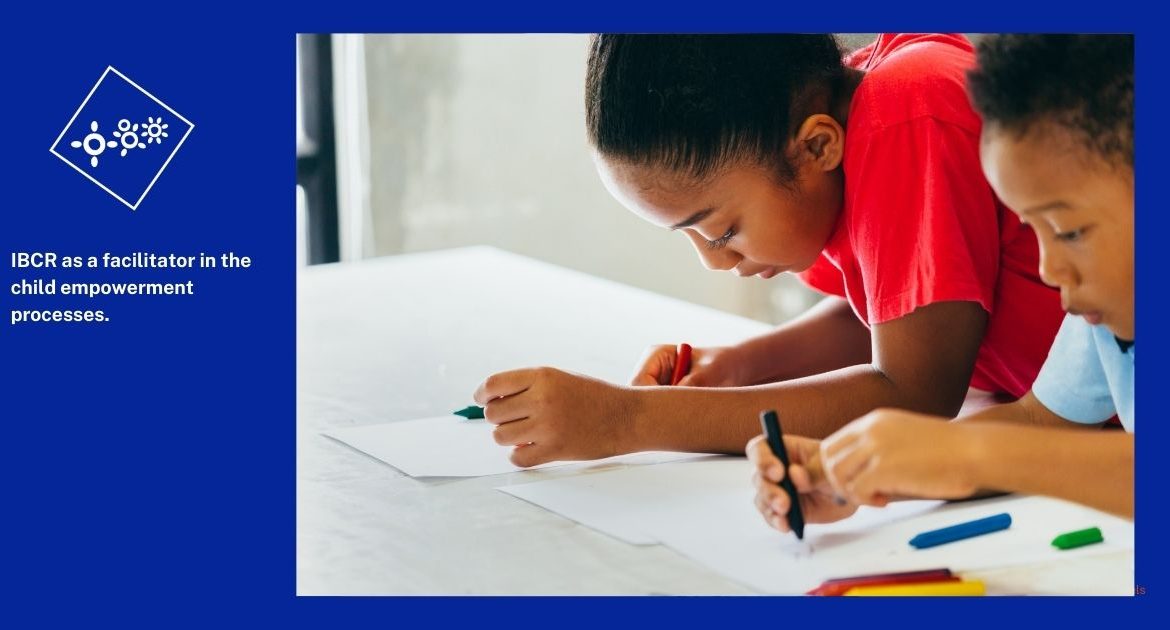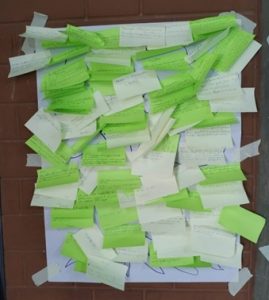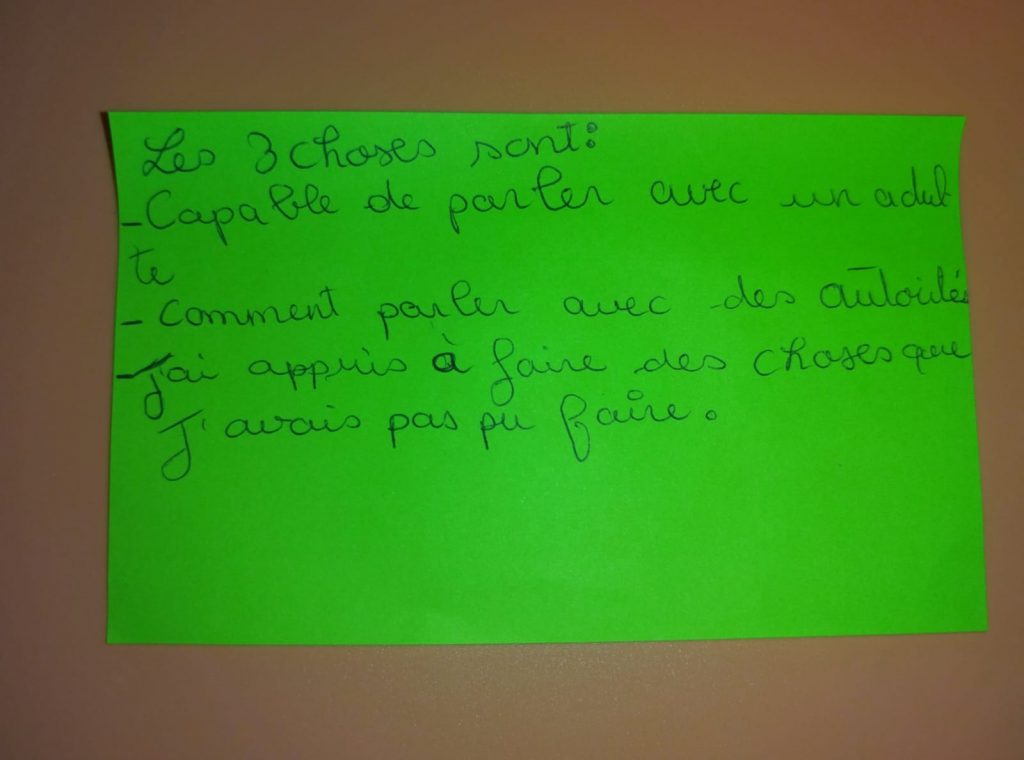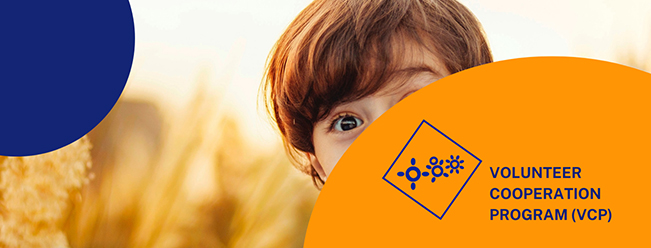
World Youth Skills Day on July 15, 2024 is an opportunity for IBCR to focus on the collaborative research process carried out by the children’s advisory committees in Burkina Faso and Senegal.
Simply listening to children’s opinions is not enough, and this is one of the convictions underpinning our work at IBCR. To promote meaningful child participation, it is necessary to create appropriate spaces that welcome and value this participation, and to accompany children so that they can strengthen their skills and integrate these spaces under the same conditions as the adults with whom they share the table, in a society that is undeniably centered on adults.
In many of the Bureau’s actions, particularly in Africa, we work closely with children’s advisory committees, who actively participate in our decision-making processes and expand the channels of collaboration within the protection systems in their communities. Children’s participation aims to better shape our organization’s action in our fight to combat violence against children, but also to bring about a genuine paradigm shift enabling children to play their own role in their communities and in their own lives. Aware of the importance of creating a common language to make these committees an experience of full and safe participation, we design, and test processes aimed at strengthening their skills through experimentation and exploration.

Post-it notes from the children of the Comité Aviseur de Saint-Louis (Senegal) during a session to evaluate the collaborative research process.
One of our most recent cases demonstrated that involving children in collaborative research processes creates an integral enrichment of their skills. Children on the advisory committees of our projects (notably in Burkina Faso and Senegal) have been supported in developing their own research processes on violence against children in their communities: they were able to define the priorities and methods of their research, observe their environment, exchange views with key players, collect and analyze relevant data and develop their own observations.
At the end of these different procedures, the findings of the children on these committees were clear. Carrying out this research has enabled them to broaden their understanding of violence against children and develop their own vision of this phenomenon. It also reinforced other skills, such as feeling comfortable engaging with adults on issues that concern them; developing social, interpersonal and collaborative skills; becoming more aware of power dynamics between children and adults; learning more about how to protect themselves (or their peers) in situations of violence; enriching the information they observe on a daily basis ; and better understanding the dimensions of their own participation in more global projects to strengthen protection systems. This process demonstrated that the concept of strengthening protection systems can be applied in a variety of ways.
This process demonstrates that the concept of competence building must go beyond formative spaces, vertical learning and the acquisition of theoretical knowledge, in which adults teach children what they need to know. It is essential to go beyond this rigid approach, to promote structures that make the most of the knowledge and skills that children already possess, that define the adult’s role as one of guidance rather than conditioning, that enable children to learn by observation and to build their opinions on conclusions delimited by their own discourse, thus reinforcing their autonomy.
As underlined by the United Nations General Assembly on the celebration of theWorld Youth Skills Day on July 15, 2024, this process demonstrates once again the crucial role of children as change makers.







